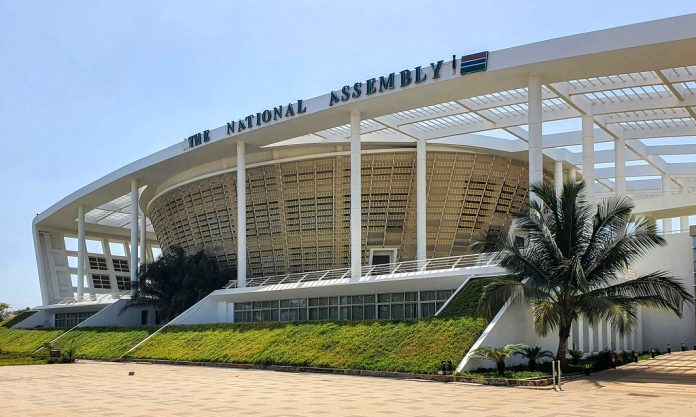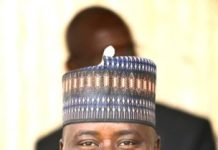Banjul, The Gambia: The current national debate over female genital mutilation/cutting (FGM/C) or female circumcision in local parlance and the efforts to reverse the Women’s Act 2015 banning the practice, is informed more by cultural understandings even among those who subscribe to the debate via religion.
A 2013 statement issued by the Organization of Islamic Cooperation (OIC) in Jeddah along with renowned global Arab-Muslim scholars participating in a national dialogue on FGM and Islam a few days ago in The Gambia, have come out in no uncertain terms to disassociate the practice from Islam. Notwithstanding, the Gambia Supreme Islamic Council (GSIC) deemed it appropriate to issue a Fatwa replete with misogynistic statements that have no basis in Islam but disguised as Islamic doctrine.
The enduring medical, psychological and physical effects of FGM/C or whatever name one chooses to call it, on women, are well researched and documented, universally. Its primary purpose is to control female sexuality, while maintaining male dominance, enforced through physical violence.
The Nyang-Sanneh Institute (NSI), premised on its formidable multi-disciplinary expertise in social research and policy advocacy, and in alliance with the Gender Platform, all Women’s Rights and progressive groups and individuals in society, staunchly opposes efforts to repeal the law and make it legal once more to circumcise young girls without their consent. This would represent not only a flagrant violation of women’s and girls’ rights but an affront to international treaties and protocols to which The Gambia is a signatory.
NSI thus urges National Assembly Members (NAMs) of all political parties to vote against the repeal effort spearheaded by forces that seek to return our innocent young girls to the fearsome and perilous cutting board.
The Nyang-Sanneh Institute urges NAMs of all political parties to vote against a repeal of the Women’s Act 2015 banning FGM
Banjul, The Gambia: The current national debate over female genital mutilation/cutting (FGM/C) or female circumcision in local parlance and the efforts to reverse the Women’s Act 2015 banning the practice, is informed more by cultural understandings even among those who subscribe to the debate via religion.
A 2013 statement issued by the Organization of Islamic Cooperation (OIC) in Jeddah along with renowned global Arab-Muslim scholars participating in a national dialogue on FGM and Islam a few days ago in The Gambia, have come out in no uncertain terms to disassociate the practice from Islam. Notwithstanding, the Gambia Supreme Islamic Council (GSIC) deemed it appropriate to issue a Fatwa replete with misogynistic statements that have no basis in Islam but disguised as Islamic doctrine.
The enduring medical, psychological and physical effects of FGM/C or whatever name one chooses to call it, on women, are well researched and documented, universally. Its primary purpose is to control female sexuality, while maintaining male dominance, enforced through physical violence.
The Nyang-Sanneh Institute (NSI), premised on its formidable multi-disciplinary expertise in social research and policy advocacy, and in alliance with the Gender Platform, all Women’s Rights and progressive groups and individuals in society, staunchly opposes efforts to repeal the law and make it legal once more to circumcise young girls without their consent. This would represent not only a flagrant violation of women’s and girls’ rights but an affront to international treaties and protocols to which The Gambia is a signatory.
NSI thus urges National Assembly Members (NAMs) of all political parties to vote against the repeal effort spearheaded by forces that seek to return our innocent young girls to the fearsome and perilous cutting board.





















